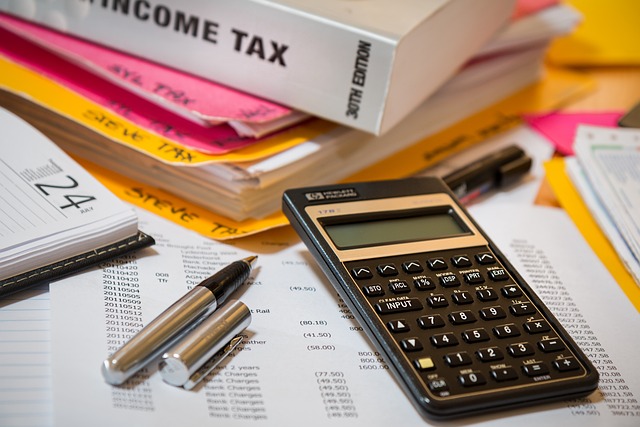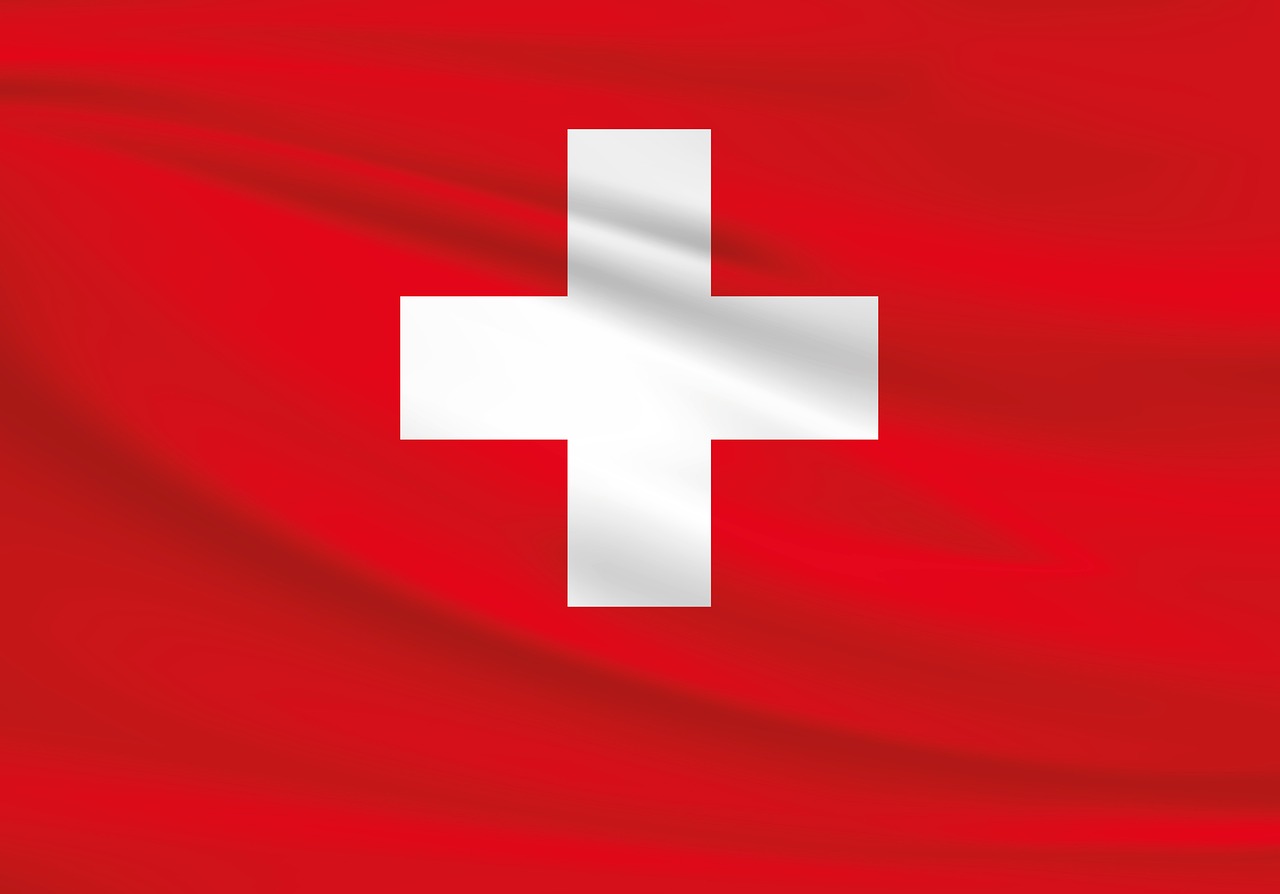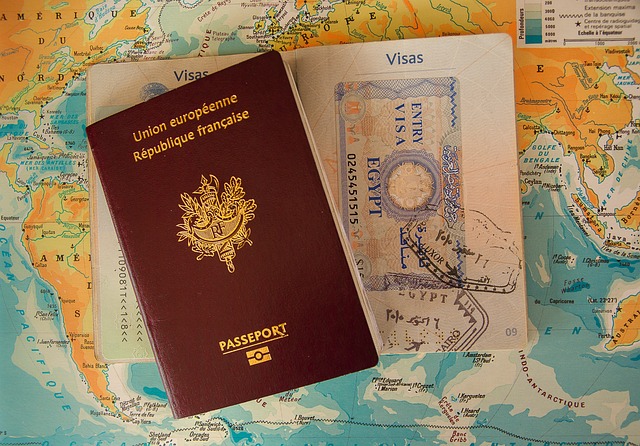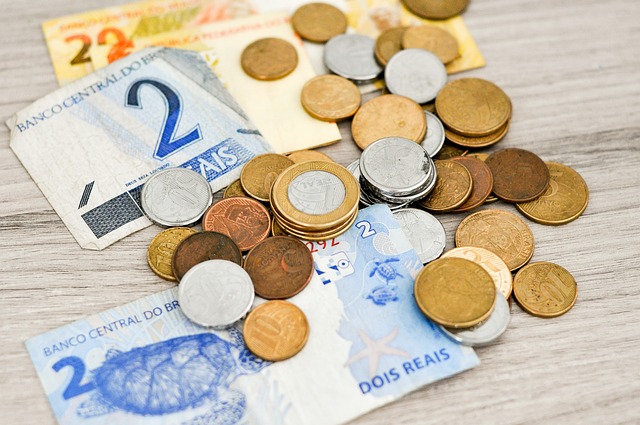Utilities in Switzerland: Electricity, Water, and Heating

Switzerland is renowned for its high quality of life, efficient infrastructure, and commitment to sustainability. This extends to its utilities—electricity, water, and heating—which are reliable, environmentally friendly, and well-managed. Whether you’re a resident, expatriate, or simply curious about Swiss infrastructure, understanding how utilities work in Switzerland is essential. This article provides a comprehensive overview of the country’s electricity, water, and heating systems, including their sources, costs, and sustainability practices.
1. Electricity: Reliable and Green
Switzerland’s electricity supply is among the most reliable and sustainable in the world. The country’s mountainous terrain and abundant water resources make it a leader in renewable energy production.
Sources of Electricity
Switzerland’s electricity mix is dominated by renewable energy sources:
- Hydropower: Accounting for about 60% of the country’s electricity production, hydropower is Switzerland’s largest energy source. The numerous rivers and lakes in the Alps provide ideal conditions for hydroelectric plants.
- Nuclear Power: Around 30% of Switzerland’s electricity comes from nuclear power plants. However, the country has decided to phase out nuclear energy following a 2017 referendum.
- Renewables: Solar, wind, and biomass contribute a smaller but growing share of the electricity mix. The Swiss government actively promotes renewable energy through subsidies and incentives.
Electricity Providers
Electricity is supplied by regional utilities, which are often publicly owned. Some of the largest providers include:
- Axpo: A major producer and supplier of electricity in Switzerland.
- Alpiq: Another leading energy company, focusing on hydropower and renewable energy.
- BKW: Known for its nuclear power plants and renewable energy projects.
Cost of Electricity
Swiss electricity prices are relatively high compared to other countries, reflecting the cost of maintaining a reliable and sustainable grid. The average household pays around 20 to 25 cents per kilowatt-hour (kWh), depending on the region and provider.
Sustainability Initiatives
Switzerland is committed to reducing its carbon footprint and increasing its reliance on renewable energy. The country’s Energy Strategy 2050 aims to phase out nuclear power, increase energy efficiency, and expand renewable energy production.
2. Water: Pure and Abundant
Switzerland is often referred to as the “water tower of Europe” due to its abundant freshwater resources. The country’s lakes, rivers, and glaciers provide some of the cleanest and most reliable water in the world.
Water Sources
- Lakes and Rivers: Switzerland has over 1,500 lakes, including Lake Geneva and Lake Zurich, which serve as major water sources.
- Glaciers: The Alps are home to numerous glaciers that feed into rivers and reservoirs.
- Groundwater: A significant portion of Switzerland’s drinking water comes from groundwater sources, which are naturally filtered and pure.
Water Quality
Swiss tap water is of exceptional quality and is safe to drink without filtration. The country has strict regulations to ensure water purity, and regular testing is conducted to maintain high standards.
Water Providers
Water supply is managed by local municipalities or regional utilities. Some of the largest providers include:
- Zurich Water Supply: One of the largest and most advanced water utilities in Switzerland.
- Services Industriels de Genève (SIG): Provides water, electricity, and other utilities to the Geneva region.
Cost of Water
Water prices in Switzerland are relatively high, reflecting the cost of maintaining a clean and reliable supply. The average household pays around 2 to 3 Swiss francs per cubic meter (m³) of water.
Sustainability Practices
Switzerland is a global leader in water conservation and management. The country has implemented advanced wastewater treatment systems and promotes water-saving technologies to ensure sustainable use of its resources.
3. Heating: Efficient and Eco-Friendly
Heating is a critical utility in Switzerland, especially during the cold winter months. The country has made significant strides in adopting energy-efficient and environmentally friendly heating systems.
Heating Sources
- Oil and Gas: Traditional heating systems in Switzerland often rely on oil or natural gas. However, their use is declining due to environmental concerns.
- District Heating: Many urban areas in Switzerland use district heating systems, which supply heat to multiple buildings from a central source. These systems are often powered by waste incineration or renewable energy.
- Heat Pumps: Heat pumps are becoming increasingly popular in Switzerland due to their energy efficiency and low environmental impact. They extract heat from the ground, air, or water and are often powered by electricity.
- Wood and Biomass: In rural areas, wood and biomass heating systems are common. These renewable sources are carbon-neutral and sustainable.
Heating Providers
Heating services are typically provided by local utilities or private companies. Some of the largest providers include:
- Swisspower: A network of municipal utilities that provide heating, electricity, and other services.
- Energie Wasser Bern: Supplies heating, electricity, and water to the Bern region.
Cost of Heating
Heating costs in Switzerland vary depending on the energy source and system used. On average, households spend around 1,500 to 2,500 Swiss francs per year on heating. Heat pumps and district heating systems are generally more cost-effective than oil or gas heating.
Sustainability Initiatives
Switzerland is committed to reducing its reliance on fossil fuels for heating. The government offers subsidies and incentives for homeowners to install energy-efficient heating systems, such as heat pumps and solar thermal systems. Additionally, stricter building codes and energy efficiency standards are being implemented to reduce energy consumption.
4. Utility Bills: What to Expect
In Switzerland, utility bills typically include charges for electricity, water, and heating. These bills are usually issued quarterly or annually, depending on the provider. Here’s a breakdown of what to expect:
- Electricity: Based on usage (kWh) and fixed service charges.
- Water: Based on consumption (m³) and fixed service charges.
- Heating: Based on energy usage (kWh or m³ of oil/gas) and fixed service charges.
Tips for Reducing Utility Costs
- Energy Efficiency: Invest in energy-efficient appliances and lighting to reduce electricity consumption.
- Water Conservation: Install water-saving fixtures and avoid unnecessary water usage.
- Insulation: Properly insulate your home to reduce heating costs during winter.
5. Sustainability and Innovation
Switzerland is a global leader in sustainability and innovation, and this is reflected in its utility systems. The country’s commitment to renewable energy, water conservation, and energy efficiency sets an example for the rest of the world. Key initiatives include:
- Energy Strategy 2050: A comprehensive plan to transition to a sustainable energy system.
- Smart Grids: Advanced electricity grids that optimize energy distribution and consumption.
- Green Building Standards: Promoting energy-efficient and environmentally friendly construction practices.




